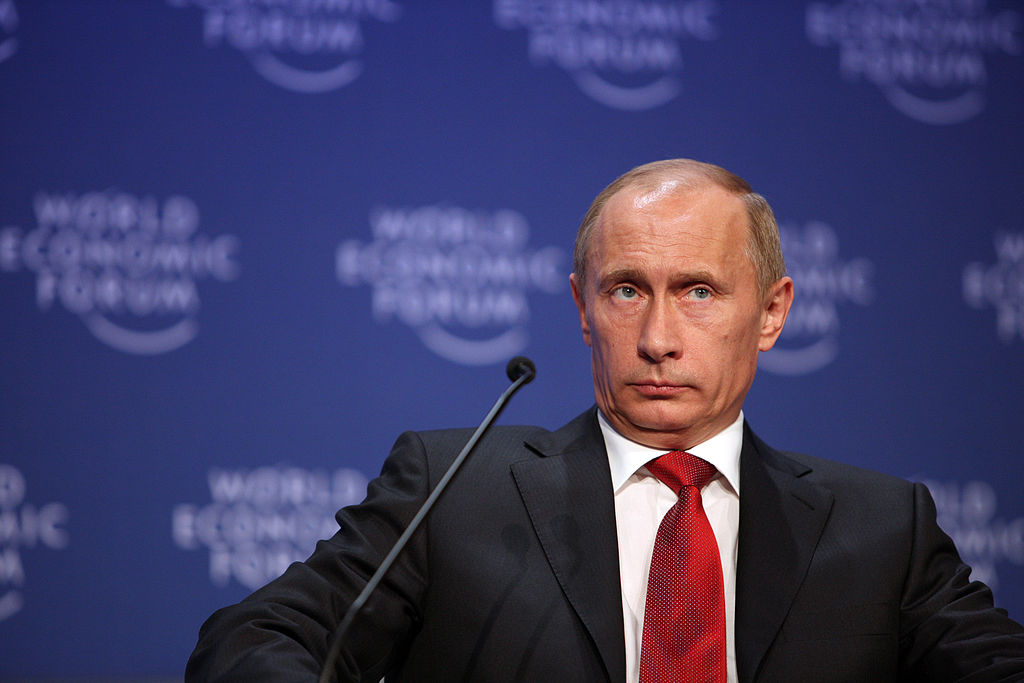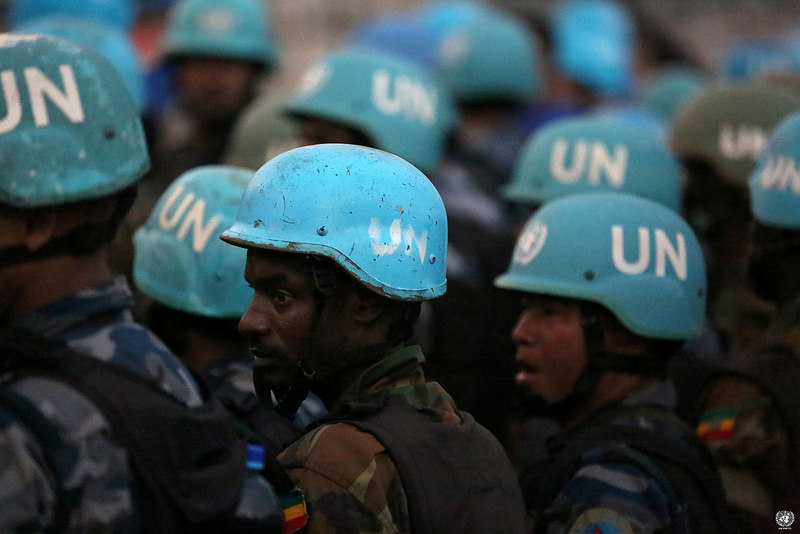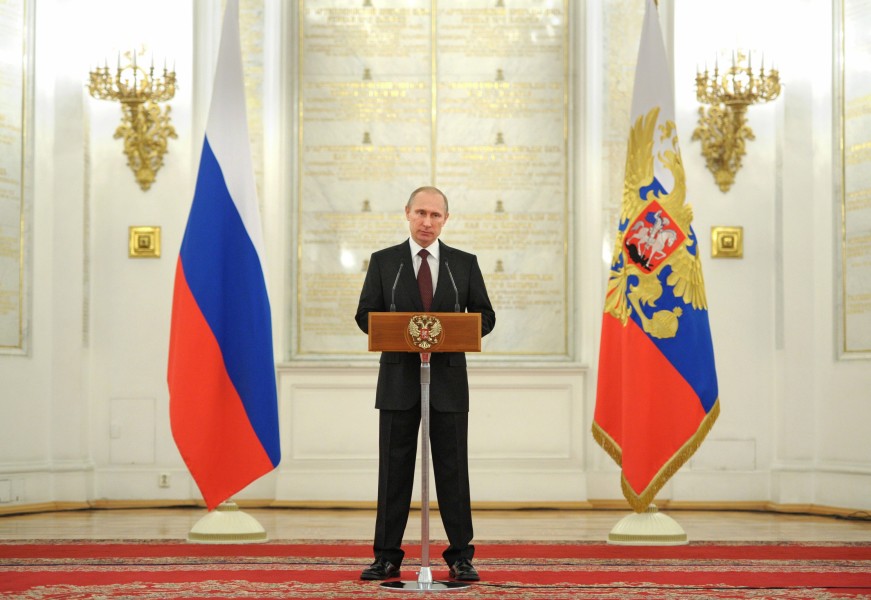In two separate Fox News interviews several hours after the terrorist attack in Nice on July 14, 2016 , both presumptive candidates for the U.S. presidency suggested a mobilization of NATO in the war against ISIS. Both Clinton and Trump categorized this as a “war” and stressed the importance of a coordinated joint response with their NATO allies. It is uncertain whether French President Hollande, or any other head of a NATO member state, will invoke Article 5 of the NATO Charter, requesting official military intervention of NATO members against ISIS. Moreover, it is unclear if the Nice attack would qualify under the Washington Treaty’s collective defense clause.
In the aftermath of the 9/11 attacks, NATO invoked Article 5 of the Washington Treaty for the first time. Article 5, “the collective defense clause,” specifies that an “armed attack against one or more of … [NATO member states] in Europe or North America shall be considered an attack against them all”. This clause provided legitimization for several NATO operations in Afghanistan, including Eagle Assist and Active Endeavor. In the last couple of years, almost four NATO member states experienced more than ten terrorist attacks committed or inspired by ISIS. These attacks present a direct threat to the peace and security of NATO allies. Following the 9/11 precedent, any member state that might experience similar attacks could try to invoke Article 5 and request coordinated military response against the ISIS-controlled territories.
There are several policy and legal considerations regarding the invocation of Article 5 in the case of the Nice attacks that need to be considered.
First, it is unclear whether ISIS should be considered as a state entity. ISIS is controlling a considerable size of the Iraqi and Syrian territories and aims to function as a sovereign state. At the same time, this entity is classified as a terrorist organization and a sub-state private actor by most of the world. Arguably, however, the NATO intervention in Afghanistan in 2001 to counter Al-Qaeda could provide the necessary president.
Second, it is mandatory that the head of the state under attack, after careful consultation with heads of the other member states, to officially invoke Article 5. In the case of the Nice attack, President Hollande still has not expressed an intention of going along this route. Despite many calls to invoke Article 5 after the last two terrorist attacks in Paris, President Hollande is reluctant to call for a NATO-led mission, relying on The Global Coalition to Counter ISIS and considering the importance of including Russia in the fight.
Third, in order for the Nice attack to qualify under Article 5, it should have come from abroad. In this case, the person that conducted the attack, Mohamed Lahouaiej-Bouhlel, was a Tunisian national who legally resided in France. Hence, it is very unclear if this attack is coming from insider or outside.
Fourth, Article 5 stipulates that in order to make a case for collective defense, the respective state should experience an armed attack. The terrorist conducted the Nice attack by running a heavy motor vehicle through a crowd and killing as many people as possible. In addition to that, he used a handgun against civilians. Even though most of the victims died from the vehicle injuries, the use of a handgun makes this case more complicated and unclear whether it qualifies as an armed attack or not. The number of casualties in the Nice attack (around 100) was lower when comparing with the U.S. attacks on 9/11 (around 3,000). This makes it harder to make the argument about an existence of an armed attack against France.
Last, Article 5 of the NATO Treaty calls the member states to assist the attacked state, but does not define the scope of this assistance. This would mean that France would need to be the main lead in a possible operation against ISIS, similar to the American leadership role in the fight against Al-Qaeda. It is unclear if France is prepared and willing to assume those responsibilities, or whether other NATO allies, such as the U.S. or the UK are currently ready to heavily support such an operation within the Alliance.
The lack of clear legal arguments and political will suggest that it is very unlikely that France will invoke Article 5. Still, there are many other tools that NATO member states are using/could use in the fight against ISIS in place of an Article 5 triggered military operation.
Photo: By Sandro Schroeder via Flickr. Licensed under CC BY 2.0.
Disclaimer: Any views or opinions expressed in articles are solely those of the authors and do not necessarily represent the views of the NATO Association of Canada.




